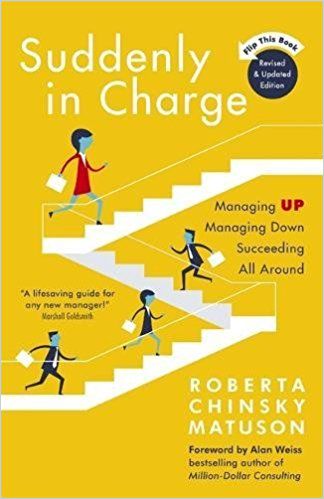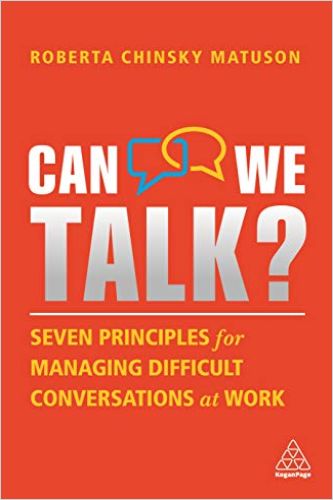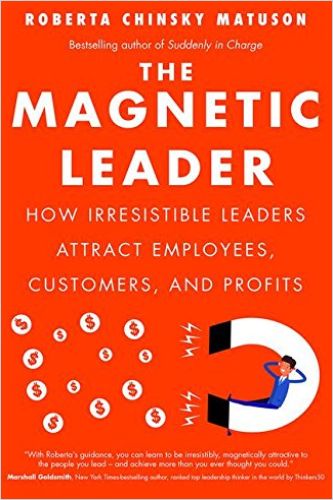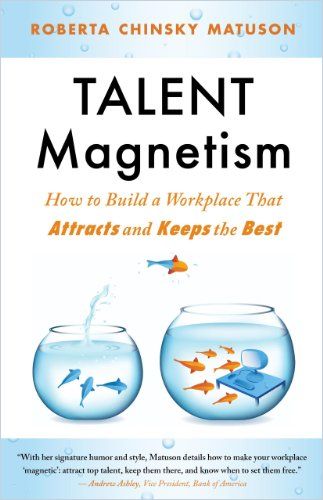Key Development Zones for Feeling Fulfilled at Work

IQ tests have been theorized and employed to measure human intelligence since at least the start of the 20th century. The ‘Q’ in this term, “quotient,” known from mathematics and the natural sciences, denoting the ratio of two quantities to each other, i.e., the result of a division, represents the fact that early tests scored intelligence by dividing one’s mental age (as determined by their test performance) by their actual age.
Recent history has shown plenty of skepticism around the value and legitimacy of trying to quantify or qualify a person’s intelligence with a singular test. Can we really tell how smart someone is from a handful of multiple-choice questions? Is it fair to assign someone a simple number that, to many, is indicative of value and potential in society?
No matter our conclusion on the appropriateness of IQ tests, the term “quotient” has been extrapolated to other arenas, like EQ, for emotional intelligence or Emotional Quotient. Adversity Quotient (AQ) and Social Intelligence (SQ) have also made it into the self-development psychology lexicon, thanks to authors such as Paul Stoltz and Daniel Goleman.
Those quotients have taken on a definition that attempts to communicate a broader idea of capacity – a reflection on the strength of an atomic human skill set, such as resilience or developing relationships. Today, all kinds of skills and capabilities quotients are tools for measuring our abstract traits and determining what we need to change to live better lives.
In March of 2023, The Conference Board reported that 43% of HR leaders observed a decrease in mental health among their employees, associated with layoffs, cost-cuts and the like. It’s clear that employees are feeling more distant from their organizations, and it’s time to take a critical look at what it means to live and work in the modern, post-Covid era.
During November 2023, L&D in Action featured three experts whose scholarship and life work amounted to quotients of their own. Shelmina Babai Abji, Minda Zetlin, and Roberta Matuson are published authors and educators who hope to help others develop more fulfilling careers.
The Power Quotient
Shelmina Babai Abji previously held one of the highest positions ever earned by a woman of color at IBM, when she rose to the rank of sales executive. She was the first in her family to attend college, from a humble Tanzanian upbringing. As she began her career in technology, she realized the population of workers at such organizations in America was overwhelmingly homogenous, and she felt out of place.
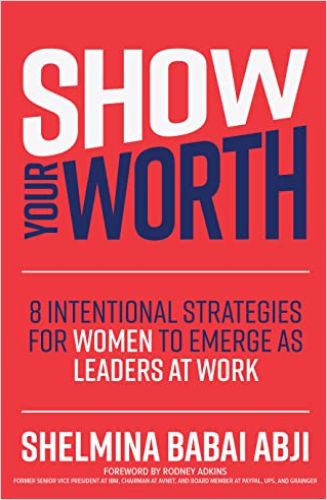
Over time, Shelmina stepped into her power and developed internal resources to help her overcome both the prejudices of her colleagues and her internal insecurities. Perhaps the most important is what she calls the “power quotient.”
The power quotient, which Shelmina describes in chapter four of Show Your Worth as having discovered it almost as an epiphany when she decided to speak up during a tense moment at work, ultimately refers to one’s ability to choose one’s most confident line of thinking when anxieties and uncertainty are present.
Your power quotient is your ability to scan your mental chatter. Because there are all kinds of voices in our head. You can scan it, and you can intentionally pick an empowering response.
Shelmina Babai Abji
Especially for women in male-dominated industries, revealing one’s unique ideas can carry the risk of increased scrutiny and dismissive attitudes. But if there’s one thing Shelmina has learned during her protracted career in tech, it’s that your unique ideas matter greatly, and presenting them with utmost confidence is the only way they’ll be fairly heard.
To reach the degree of confidence necessary to vocalize your ideas… that can be a more complicated process of self-development. Shelmina demonstrates the steps she took to achieve success as eight intentions in the chapters of her book.
The Happiness Quotient
When we reflect on our individual successes, we tend to think about a handful of arenas of our lives: Family, work achievements, friendships, community involvement, etc. When we measure the success of our organizations – and even our societies – we tend to focus squarely on the numbers: Revenue, profit, market share, and growth. In other words, it seems as if we suddenly forget that our companies are made up of people whose well-being depends on much more than financial prosperity.
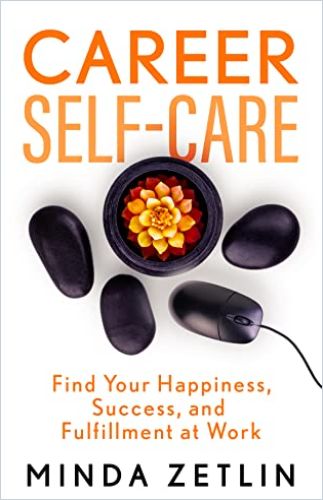
Minda Zetlin, who writes about small business strategy and popular business stories for Inc. observes that happier people generally achieve more highly at work and in the world. Working harder and longer, while a mindset that is generally venerated in economies of scale characterized by innovation, is unhealthy and often less productive.
As the research shows, happier people actually are better employees, better members of society, more likely to vote, more likely to volunteer, less likely to commit a crime. So, maybe happiness should be part of our GDP. Maybe we should have a happiness quotient for the whole of society.
Minda Zetlin
To Minda, while happiness should be a goal supported by our organizations, it’s within all of us to craft our ideal lives. To do so, in her book Career Self-Care, she recommends we rethink the platitudes we often use to pursue happiness.
“Following your passion,” for instance, is a standard piece of advice given to young people considering their first career path. But it’s not always feasible to find something that simultaneously evokes feelings of passion, pays you well, and allows you to work reasonable hours. Instead, it’s sometimes best to find a happy medium and allow our passions to evolve and grow as we discover opportunities and responsibilities in our work.
If you want to calculate your own Happiness Quotient, you can do so here. And if you want to know which countries in the world are the happiest, you can find more information here – spoiler: Bhutan, where happiness is a government goal in the Constitution, is not in the top 5.
The (Dis)Comfort Quotient
Roberta Matuson was given a tall order when she was asked to be a corner-office-holding executive at just 24 years old. She succeeded in that role and many since, and wants to ensure that future leaders in unexpected conditions with high expectations come out on top. She lays out her principles for success in Suddenly In Charge and in several subsequent books.
In her conversation on L&D in Action, Roberta is quick to point out that many business books and their authors tend to treat organizational success as a solvable equation. “As long as you implement XYZ, you’ll see results that look like ABC!” Roberta, on the other hand, keeps her work grounded in the reality of how companies are as profoundly complex ecosystems.
That reality includes office politics, difficult conversations with coworkers, challenging hiring and firing decisions, and stiff competition. In other words, work can often be characterized by discomfort. And finding success at work often requires that we lean into that discomfort. In a world of decentralized, remote work, we can no longer afford to let poorly developed relationships or moments of conflict fester.
For instance, every workspace is susceptible to social politics. People develop friendships and alliances that put meritocracy at risk, and fairness comes into question. Roberta’s advice is to navigate such scenarios carefully and lead with the goal of developing relationships. Understand why people relate to others and make decisions the way they do, and you’ll have a much higher chance of success. And ultimately, she advises, don’t avoid office politics.
Similarly, if someone you work closely with doesn’t seem to be fully present at work, it might be best to have a forthcoming conversation. Letting someone know they have a trusted friend who cares may not only lift their mood, but it could encourage them to take the action they need to get back to feeling good.
When it comes to living fulfilling lives and pursuing successful careers, it’s vital to take an active role in assessing your progress. Identify the critical “quotients” in areas that matter most in your life, and determine the steps you need to take to make that trait satisfactory for achieving your goals.
